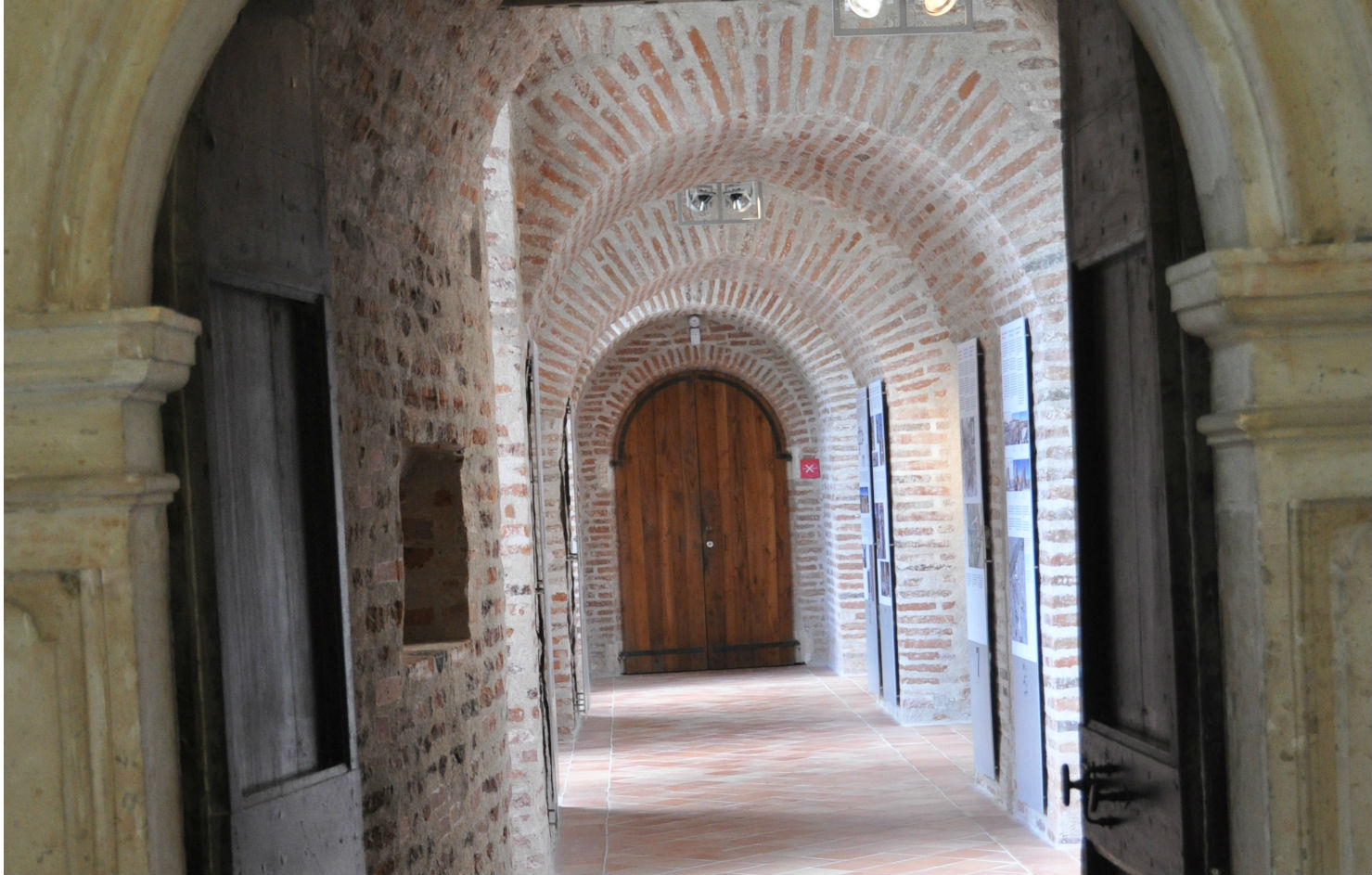Mar

There is only one thing harder than living in a home with an adolescent – and that’s being an adolescent. The moodiness, the volatility, the wholesale lack of impulse control, all would be close to clinical conditions if they occurred at any other point in life. In adolescence, they’re just part of the behavioural portfolio.
Jeffrey Kluger
 Parenthood is a great equalizer!
Parenthood is a great equalizer!
My husband and I were late to have children. We had been married for 12 years before our son was born, and most of our friends had young children by then. When my son was a few years old and our daughter barely 2, I engendered an apology to our closest friends, and also, most especially my brother whose eldest was 10 when mine was born. I apologized for ever having expressed an opinion, or put forth a suggestion that may have in any way intimated judgment upon their parenting style or skills. I was mortified when I thought about my conceit, previous to having had a child of my own, of thinking I could pass any opinion whatsoever on the parenting reality of another! One evening, when my son was an unhappy, troubled, infant, unable to settle down to sleep at a friend’s party, I overheard a young wife say to her spouse, ‘WE will make sure that OUR children can sleep anywhere. There must be SOMETHING she can do!” I would have been angry if I had not recognized myself in that woman! If only she had been around for my second child – she would have been asking for my advice. Child number 2 would fall asleep whenever she was tired, wherever we were, and I didn’t “DO” anything! I could take no credit for her equanimity any more than I should have taken censorship for my son’s distress!
Fortunately, parenthood is a great equalizer, as well as a humbling experience! I learned the hard way, that regardless of my expectations, I was gifted with the unexpected. We do not know which child lies behind “Door number One”, or “Door Number Two”. We may be very troubled with what is revealed, but regardless we will love and cherish that child with all our being, and very often see perfection in what others may see as a fault. Thanks goodness!
The same is true for the onset of adolescence. We cannot know what child will appear at the door once that pubescent clock starts ticking! One of our family friends told us that his daughter was his best friend, until one day, when he went to wake her for fishing and she was grumpy! That was only the beginning. He told us he started to get the “porcupine routine”: she was prickly about everything, and after a while he had no confidence to even start a conversation! I could sympathize! Even the most innocuous of conversations with my son could degenerate into bickering and whining!
“Could you let the dog out, please?”
“Why, you’re closer?”
“Don’t be rude! My HANDS are covered in meatloaf!”
“That’s not my problem!”
“No, but it will be when you are WEARING it!!”
“FINE, don’t have a COW about it!” (opens door)
“Was that SO hard? I made a simple request, and your response…” And so it continues!
Looking back, I knew my son had hit puberty in spring break, grade 6, when I found him walking the length of the hallway with a pencil at right angles to his body, drawing a line along the wall:
( Screech) ”What are you doing?!!”
(Jumps, looks at me and then looks at his hand as if startled to see it there, attached to his body.)
“OH….ahhh, Oops?”
“What were you thinking?” (Spluttering)
(Answers with a classic adolescent disclaimer):”Well…I dunnno….!”
That was just the beginning, though I must say that our adventures with our son’s adolescence have been no more perilous than obstinance, rudeness, a hole burnt in the deck, a hole in the carpet, a hole in the ceiling, a burnt cornea, missing tools and literally explosive mayhem- up to now. Our experience with our daughter has been vastly different. We have had only one temper tantrum, (and that was over chocolate for which I can hardly blame her), no hysterical tears, no body image paranoia or meltdowns. From her we had silent and heart-wrenching tears and stoic, and sometimes disturbing manifestations of profound anxiety for which we eventually sought professional help. Suffice it to say, our children could not have been more different
I belonged to a number of parenting organizations when my children were young: a Christian homeschool association, a post natal group, and a neighbourhood community organization. I have maintained contact with many of the families in these groups for many years. We have endless similarities among all the disparate families: economic status, age, faith, parenting philosophy, and educational intent. In infancy our children were, for the most part, similarly good-natured, eager to please, bright, and interested in each other and the world around them, yet our children in adolescence are dramatically different! Amongst the children we have a drug addict, a juvenile offender and petty thief, an anorexic, a pregnant teen, a runaway, a suicide watch, as well as the more common gamers, athletes, dropouts, musicians, honourably employed, and scholarship hopefuls!! One of my friends sobbed to me that she felt like a terrible parent, that she was a failure and that “we’” were all judging her. If so we have no right because any one of us parents could open our teen’s “door” one day and find a mess behind it!
Why, despite all advantages and love and support does this happen? I believe that if we are going to blame any mother, we need to blame mother nature! Somewhere between ages 10 and 16 the brain of our child begins to radically change. It is a broad window of time in which our child starts his/her adolescent journey and yet can still be considered within the“normal acceptable range”! It is not unheard of for a girl to be menstruating and looking at fashion magazines in grade 6 while her best friend is still playing with dolls, or a boy to be shaving a full beard while his friend is still singing soprano in a boy’s choir! This has a profound effect on their sense of self. I remember being humiliated in grade 8 when it was discovered that I “still wore an undershirt”! I was so happy when I saw I was not the only one, and became fast friends with the other girl, and yes, we were still playing with dolls and feeling slightly ashamed for it.
The broad age range for the onslaught of puberty is only one factor in the smorgasbord of adolescent experience. Our children’s brain undergoes a massive renovation between 12 and 25 years old -sorry, it doesn’t end at 19! Starting at the rear of the brain in the area responsible for basic functioning (like movement and hearing) as opposed to higher reasoning (like complex decision making) each nerve axon’s fatty myelin sheath gets thicker and more substantial, the dendrites at the end of the nerves which branch out to connect to other neurons get more, well “branchier”, and the synapses between nerves and axons grow stronger. At one point the adolescent brain actually has more neurons than the adult brain which could be why teens can be so creative. However, the synapses that are used less begin to shrivel, otherwise known as “synaptic pruning”. At the same time the corpus callosum, the connection between the two sides of the brain, gets thicker and the brain’s connections to the area of the brain responsible for memory (called the hippo-campus) get more complex. All this put together means we lose the language acquisition window, but the brain becomes infinitely faster and more efficient, and can pull on experience to aid in making sensible choices.
Here is a wonderful image released into the public domain by Ladyofhats in 2007.
Unfortunately, one of the last areas to benefit from this development is the prefrontal cortex, the area of the brain involved in decision making. It is not surprising then, considering all the changes and all the factors involved in its growth, that the poor adolescent brain often stumbles, short circuits and frankly fails at thinking. Add to this the broad age range for adolescence, the different family factors, the mounting pressures of school, work, chores, sports, and social demands, the incredible physical exhaustion of often mind boggling growth, AND the expectations from authority figures to decide a future path, it is no wonder we get poor decisions, meltdowns, malaise, and anger.
All of this results in a child we cannot recognize, a mystery creature lurking behind “Door Number One”, so far removed from our child that we grieve the loss:
“What did I do wrong?”
” What could I have done differently?”
“He used to be so kind, so empathetic.”
“She was always so sweet!”
We need our fellow parents to sympathize. I believe we owe one another respect and support, that we need to assume we are all doing our best, unless proven otherwise, and that we should withhold judgement since we cannot know the reality of another’s parenting experience.
There is comfort in knowing that as long as our adolescents are growing they are changing, and as long as they are changing there is going to be a new child behind that “Door” one month from now, or even one hour from now! Have love, have compassion, have patience, and be kind to yourself. Try to remember the words of Thomas Hardy:
“Time changes everything except something within us which is always surprised by change.”
Don’t be surprised!!






There are no comments so far